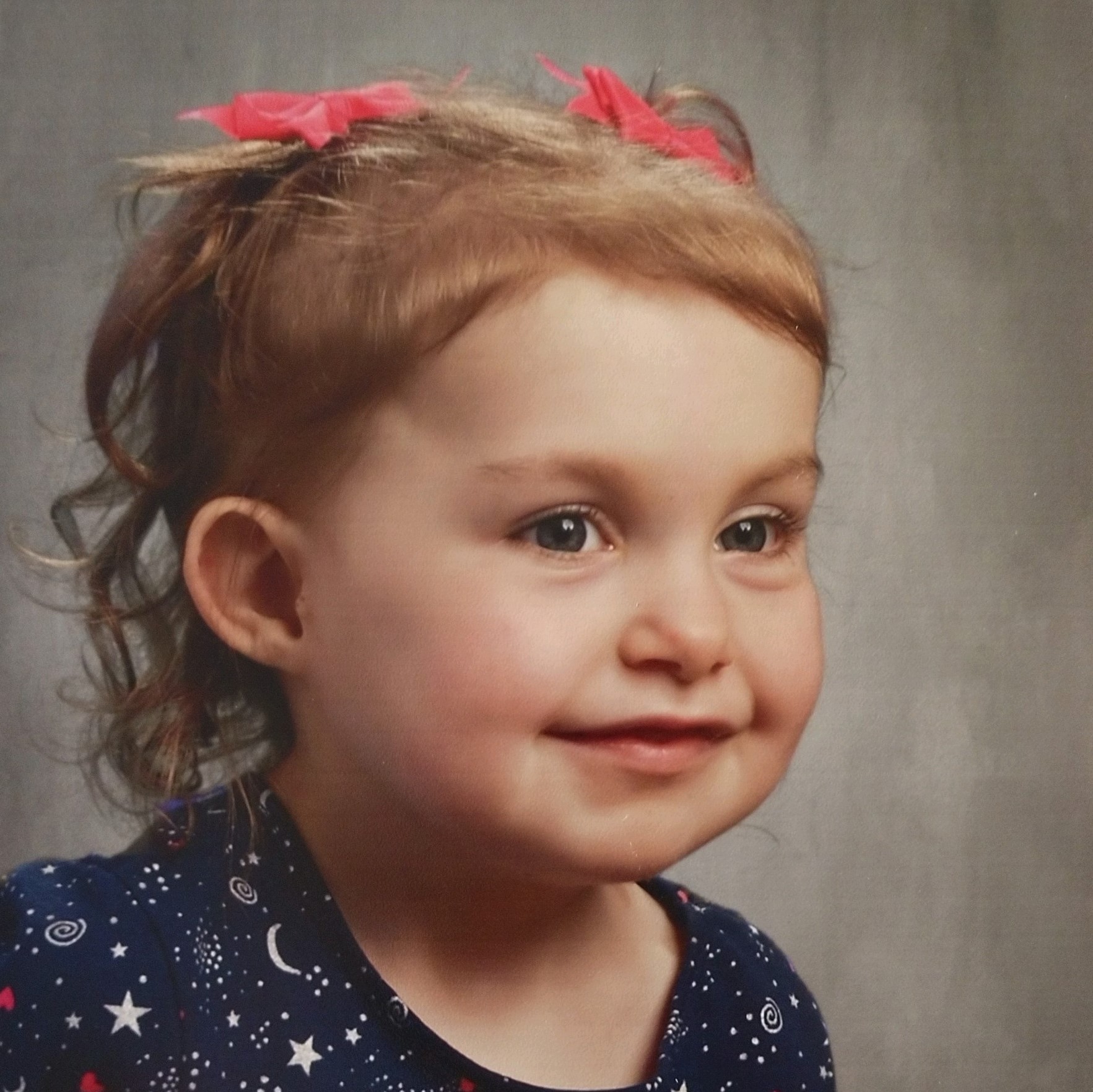
Blakely Bowles
Photo: Courtesy of Gloria Bowles
In June of 2016, I experienced what it is like to bring a special unique individual into the world. As my 36 weeker was born, I knew from the beginning, life was going to just be different. Those 103 days living at the hospital were full of surgeries, tests, procedures and diagnoses. My daughter, Blakely, successfully underwent major heart surgery and surgery for choanal atresia. We were finally able to calm down and she was stable enough for her newborn hearing screening which she failed with flying colors. Next, we moved on to the auditory brainstem response (ABR) test which she completed sleeping soundly in my arms. Our nurse looked at me and said “Wow, I’ve never seen a child finish that test before”. At that point, the ABR technician told me that Blakely had profound bilateral hearing loss and explained what that meant. I answered with the one-word response of “okay”. She continued to explain how profound the loss was and gave me a few cochlear implant brochures. That was the day I started signing to my beautiful child in the NICU.
To me, having a Deaf child was not devastating because I have been blessed with Deaf role models in my life. When Blakely tested positive for deafness, I was able to celebrate that I still had my child.
All of this meant one thing for me, I needed resources and professionals who believed in my child as much as I do. We were given amazing physicians from the start but for life at home, this would fall on me and what environment I provided. Upon discharge from the hospital, we met an ENT doctor and audiologists and she was fitted for hearing aids. However, she used them for seven months with no visible improvement. We did imaging and found out Blakely was not a candidate for cochlear implants due to her cochlear nerves being absent. This information came as relief to us as a family lifting the heavy weight of having to making a non-life saving surgical decision.
Signing and finding the right people and resource became number one priority for me and my family. During our NICU stay, an Oklahoma Family Network (OFN) representative visited our room and helped us transition home. The CHARGE Syndrome Foundation gave us advice and guidance as we started SoonerStart, an early intervention (birth to three) program through the Oklahoma State Department of Health, available at no cost to families. SoonerStart provided an occupational therapist and an American Sign Language guide who came to our house.
In addition to providing support to families, Oklahoma Family Network is seeking involvement and input from families with children with hearing loss. Families may contact OFN at 1 (877) 871-5702, by email at renee-powell@oklahomafamilynetwork.org, or online at www.oklahomafamilynetwork.org. For more information on Project ECCO, providers are encouraged to refer families to Cindy Bowen at the Oklahoma School for the Deaf via email cbowen@osd.k12.ok.us or phone (580) 622-4910.
